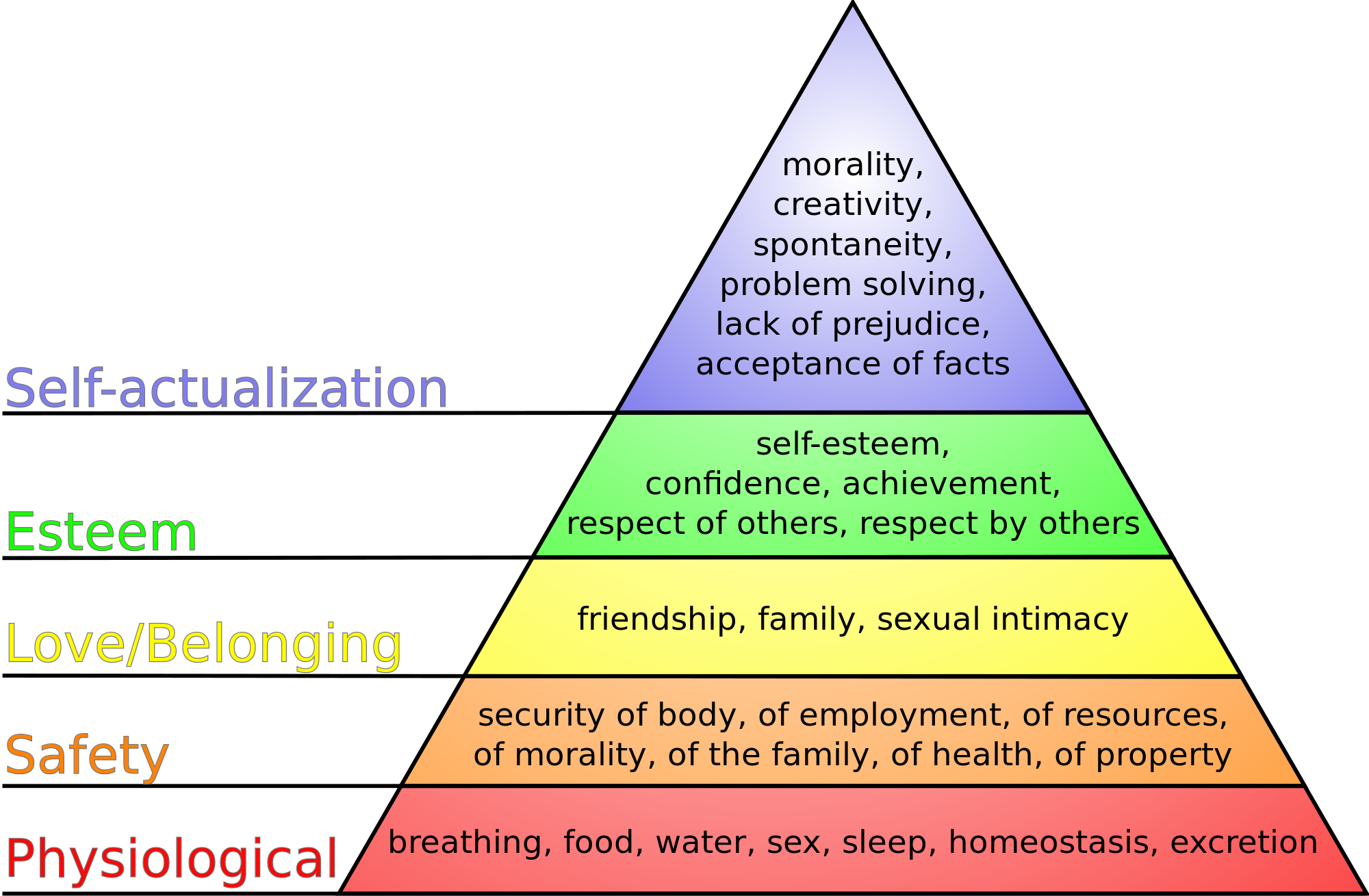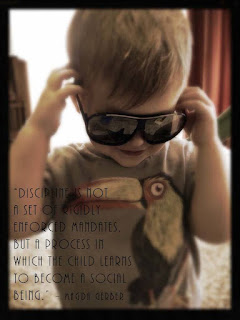Parents’ Needs MATTER!—The Art of Self-Care and Respectful Parenting
It seems like your toddler ALWAYS wants to be held! You can’t even get a minute to use the bathroom.
Your two-year-old has never been a “good sleeper” and you have to sit with (or rock or nurse or carry) him until he’s asleep every night.
Your three-year-old HAS to have the blue cup and is refusing to drink from the yellow one.
Your preschooler really needs to spend some time with you, but you haven’t eaten your lunch yet.
Your teenager asks to borrow your car, but you were planning to go grocery shopping tonight.
What do all these scenarios have in common? What would you do? Would you always set aside your needs for your children?
A foundational belief of many holistic parenting models, including RIE and P.E.T., is that parents’ needs are just as important as their children’s needs. As parents, we are responsible for the health and well-being of our children. Part of that is supporting their emotional well-being as well, but we can’t do that when we’re tapped out. As the saying goes, “You can’t pour from an empty cup.”
We want our children to feel confident saying “no,” “I disagree,” “I don’t want to,” and “I don’t like that.” We want them to be confident, rather than compliant. The first and most powerful way we teach our children is through our example—through modeling our values. So for them to learn, they need to hear us saying those things. The need to see us caring for ourselves in the same way we care for them.
Our children’s well-being is dependent on our ability to care for ourselves and meet our own needs, yet we receive guilt-inducing messages that tell us parents should sacrifice their sleep, energy, feelings, preferences, and sex life while their children are young, because “it goes by so fast.” And we believe it!
But at some point you burn out. You wonder how you got here and what you’re supposed to do. You didn’t set out to be a “yeller”, but you’ve gotten so short-tempered. Impatient. Tired. You don’t enjoy your kids like you thought you would. Then someone mentions self-care. “Of course,” you think. “That’s it! No wonder I’ve been so drained. I haven’t been taking care of myself!”
So you get someone to watch the kids and you go out for coffee. But by bedtime, you’re right back where you were, thinking, “Why didn’t it work? I guess I just don’t know who I am anymore. I wasn’t supposed to lose myself when I had kids, but I did. What happened?” Holy overwhelm! Now it’s almost worse than it was before, right? So why didn’t it work?
The problem is in our definition of self-care. Self-care isn’t just coffee and manicures and all the things you buy for yourself. I mean, it can be, but that’s not the root of it.
Self-care is saying yes to the good and no to the bad. Self-care is stopping our toddler from hitting us, or finding a way to get to the bathroom when we need to and to eat well every day. Self-care is getting enough sleep and food and sex and alone time and time together. Self-care is declining to do something that would keep us from meeting our needs. Self-care is what makes us whole and lets us be who we are.
It gets all muddled up when you have kids though, because you feel responsible for meeting all the needs of these other people, so your own needs are easy to forget. The key is learning where to draw the line and owning the belief that it’s okay to say no to your kids, sometimes just because you want to. So how do you know?
What parents need to understand is how to prioritize the right needs and say no to the right things. To illustrate this, I have found it really helpful to look at Maslow’s Hierarchy of Needs. Suddenly it becomes pretty simple! As parents, we are called upon to sacrifice some of our needs for our children, but we should never set aside our own base needs for someone else’s higher-level needs.

When your needs are at the same level as your children’s, such as when you’re exhausted, but your baby is hungry or still learning to sleep well, you may realistically need to delay meeting your needs briefly, but you can aim to find a way to meet everyone’s needs at the same time. Always meet low-level needs first; it doesn’t matter whether they’re your needs or your child’s. Of course, this may look a little different depending on the age of the child and the intensity of the need, but there is usually a way to meet everyone’s needs. You just have to look for it, sometimes preemptively, and be willing to try.
So if, with any regularity, you’re setting aside your need to eat, drink, sleep, pee, poop, or to feel physically and emotionally safe, you’re doing yourself and your family a disservice. This shift doesn’t come naturally for people who were raised in authoritarian or permissive homes, because that type of environment teaches kids parents people that their needs don’t matter, but it’s critical to any healthy relationship that not only is each person responsible for getting their own needs met, but they are fully trusted to do so.
It can be really easy to let your needs go when they don’t seem like a big deal. You might think it’s not a problem to go back to the kitchen for your child’s favorite cup du jour, or to carry them everywhere, or that you don’t have a choice but to sit with them or rock them for hours until they fall asleep every single night. You might tell yourself you’re not that hungry, or you can make it just a bit longer before you have to pee, or you can catch up on sleep later, but when you are not prioritizing your own needs, it’s never just that one thing that gets to you. Sure you can skip lunch or wake up with your three-year-old before dawn and still be a good parent for awhile. You might even be able to do it a few times, but what happens when you do those things every day? Do you get frustrated? Do you have to tell yourself they won’t need you forever? If so, I think it’s time to ask yourself what you need too.
How can you be a good parent or spouse when you resent your loved ones for their needs? What message do you give your children when they see you slowly losing yourself for them? What do they learn about their role in relationships when they see you doing everything to satisfy their needs, wants, and preferences, while doing nothing for yourself? What does that tell them about saying no?
In Maslow’s Hierarchy of Needs, a person’s base needs must be met before they can achieve a higher level. When you aren’t prioritizing your basic (Level I) needs, you hold yourself back from expressing at the higher levels (confidence, success, problem solving, mutual respect, sexual intimacy, friendship, self-confidence). You literally cannot rise any higher, intellectually or emotionally, until those needs are met, and it’s inevitable that you would burn out if you spend all your time with your base needs unmet. So if you’re trying to become a more peaceful, respectful, gentle parent (all Level IV and V expressions), you have to meet your lower level needs first. Can you be the kind of parent you want to be when you’re holding yourself back?
To raise healthy children, you have to be a healthy parent. To raise passionate children, you need to care deeply about something, starting with yourself.
How have you been meeting your needs? What does self-care look like to you?
If this idea feels challenging to you, I highly recommend this further reading:
“Want to wake up jazzed about the day ahead? Commit To Radical Self-Care.” by Dr. Laura Markham (Aha! Parenting)
Parent Effectiveness Training by Dr. Thomas Gordon
Boundaries: When to Say Yes, How to Say No to Take Control of Your Life by Henry Cloud and John Townsend (Note: I do NOT endorse or agree with the chapters on marriage or children, as they come from a conservative Christian perspective and do not respect the equality of both humans in the relationships. The book is still worth reading if you skip those.)
Boundaries: Where You End and I Begin by Anne Katherine, M.A.
Disclosure: This post contains “affiliate links.” This means if you click on the link and make a purchase, I will receive an affiliate commission from Amazon. I only recommend products believe in personally and I have not been solicited to make any recommendation.
*I originally published this post on 29 May 2016 on RespectfulParent.com




Comments
Post a Comment